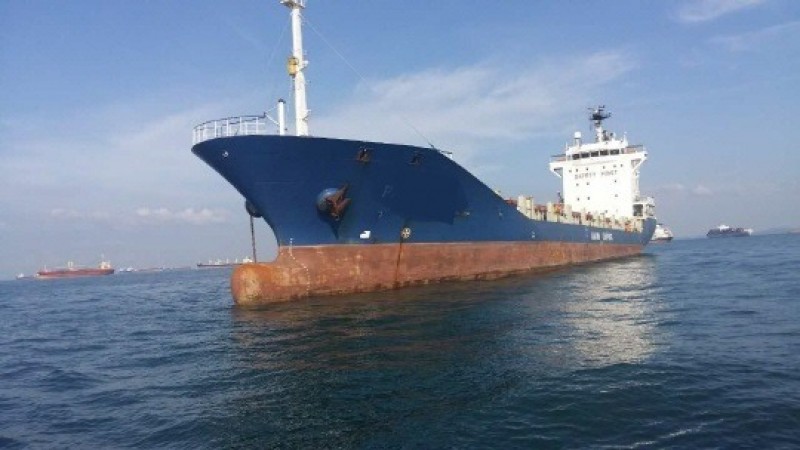The prospects for shipping industry looks bleak in the coming months.

International shipowners are finally waking up to the new normal in global economy even as they put up a brave front amidst the pandemic. After facing initial hiccups in responding to the pandemic that engulfed the global economy since this January, shipowners are looking to finding solutions to some of the problems faced by them.
Solutions are now been offered by various global platforms, however it remains to be seen how far the shipowners are willing to go future business and remain afloat amidst the downturn.
Experts draw a very bleak scenario for the global economy, with International Monetary Fund (IMF) and World Bank estimating a sharp and substantial drop in global economic growth and decline in per capita income and consumption.
BIMCO’s Peter Sand, in a webinar hosted by BIMCO and Bloomberg Intelligence in March, introduced his presentation with a gloomy forecast.
Needless to say, this means that future months could become increasingly harsh for the whole shipping sector, which will be forced to operate in a limited way. This, Peter Sand stressed, is not going to be the sole result of the coronavirus pandemic but rather a ripple effect of its spread, the introduction of the 2020 sulphur cap by the International Maritime Organization (IMO), and the failed implementation of the US-China phase one trade agreement.
The World Bank (WB), in its report in June claims that the COVID-19 pandemic has, with alarming speed, dealt a heavy blow to an already-weak global economy, which is expected to slide into its deepest recession since the Second World War, despite unprecedented policy support.
The report also adds that global recession would be deeper if countries take longer to bring the pandemic under control, if financial stress triggers defaults, or if there are protracted effects on households and firms. Economic disruptions is likely to affect trade, tourism, and commodity and financial markets in emerging and developing economies, says the report.
IMF has similar stark projections for global growth in its June report – it says global growth- is projected at –4.9% in 2020, which is 1.9 percentage points below the April 2020 World Economic Outlook (WEO) forecast.
The report adds, the COVID-19 pandemic has had a more negative impact on activity in the first half of 2020 than anticipated, and the recovery is projected to be more gradual than previously forecast.
In 2021 global growth is projected at 5.4%. Overall, this would leave 2021 GDP some 6.5 percentage points lower than in the pre-COVID-19 projections of January 2020. The adverse impact on low-income households is particularly acute, imperilling the significant progress made in reducing extreme poverty in the world since the 1990s, says the IMF report.
The IMF expects the global economic outlook in 2020 to reach at least the same levels as the Global Financial Crisis – meaning a world recession is inevitable.
In the beginning most market pundits chose to believe that it was China’s problem. They remained oblivious to the fact that in a globalised economy, problem of Big economies can have a ripple effect globally. And indeed the pandemic has turned out to be a global obstruction to trade and growth. China, though appears to have recovered, the same cannot be said about rest of the world, and uncertainty is the only certainty.
